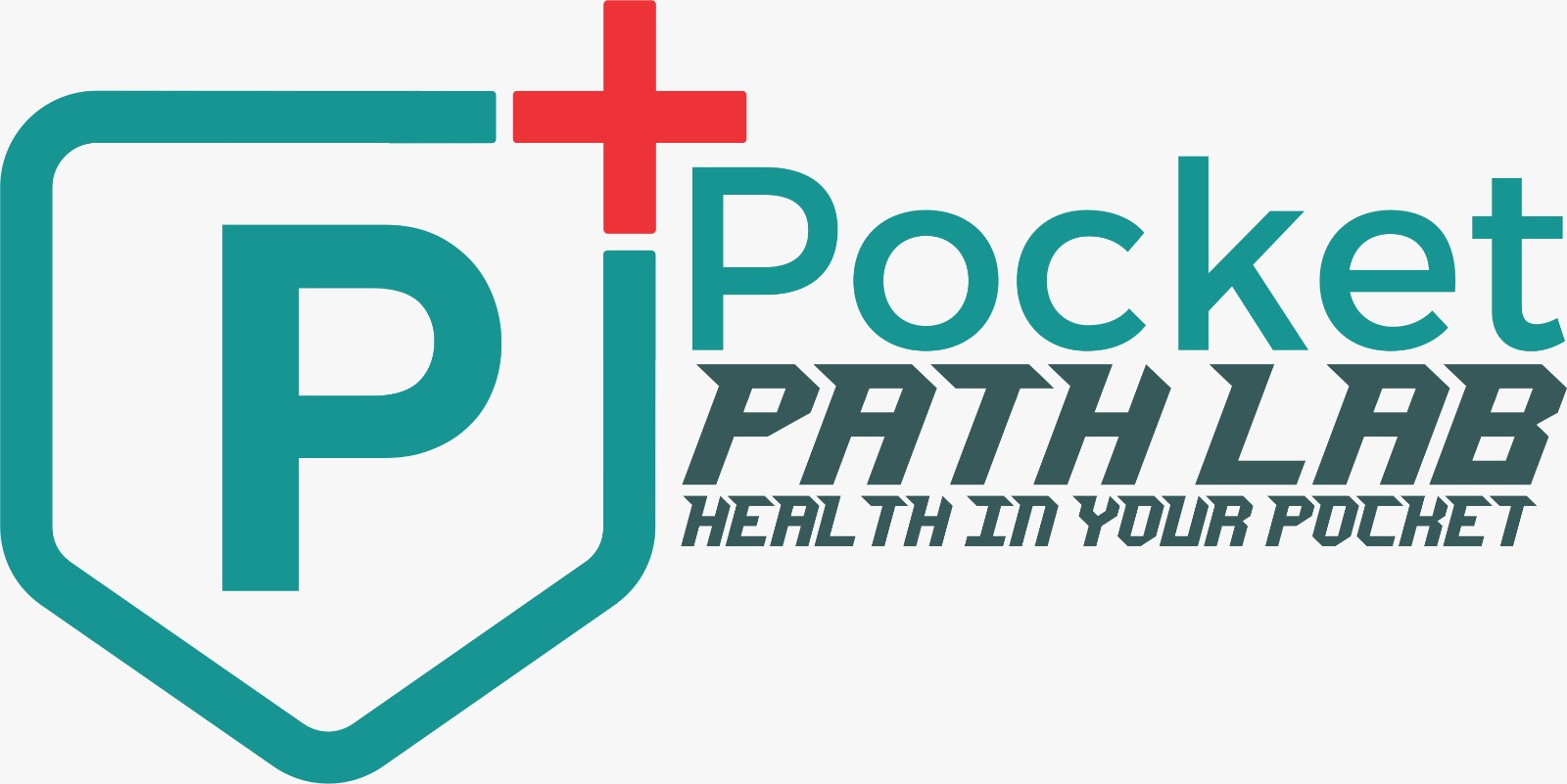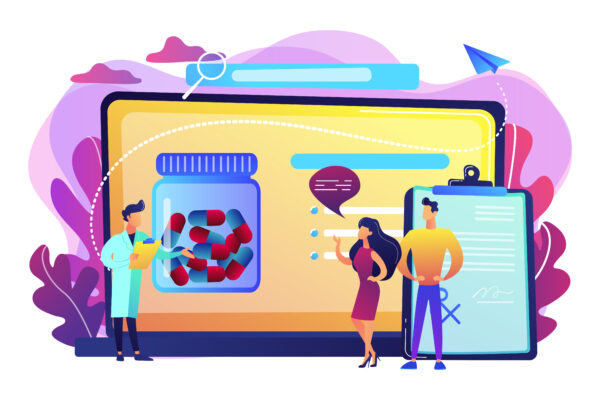The Role Of Pharmacists In Managing Medication Therapy
Pharmacists are essential to the management of medication therapy and the improvement of patient outcomes. They are essential members of the healthcare team because of their knowledge of medications, drug interactions, dosages, and patient education. The following are important ways that pharmacists help manage medication therapy:
Evaluation and Review of Medication: To ensure the safety, appropriateness, and accuracy of medication orders or prescriptions, pharmacists review them. They look for possible drug interactions, reactions, contraindications, and therapy overlaps. Pharmacists aid in the prevention of medication errors and identify opportunities for optimization by thoroughly evaluating medication regimens.
Education and medication counseling: Patients benefit greatly from pharmacists’ medication education. They talk about the purpose, how to take it, possible side effects, and how to use it correctly. Additionally, pharmacists help patients understand and adhere to treatment by answering any questions or concerns they may have about their medications. Patient education encourages medication safety and empowers individuals to make well-informed health decisions.
Adherence Assistance: Patients receive assistance from pharmacists in devising strategies for medication adherence. They offer methods for incorporating medication routines into daily life, reminders, and the recommendation of pill organizers. Additionally, pharmacists assist patients in comprehending the significance of adherence and the potential repercussions of nonadherence. Pharmacists enhance treatment effectiveness and patient outcomes by encouraging medication adherence.
Management of Treatment Medication: Comprehensive medication therapy management (MTM) services are provided by pharmacists. MTM entails evaluating the medication regimens of patients, locating and resolving drug-related issues, optimizing treatment, and monitoring outcomes. Pharmacists work with healthcare professionals to create individualized care plans and guarantee that medication regimens are safe, effective, and tailored to each patient’s needs.
Patient Security: Promoting medication safety is a critical function of pharmacists. They know about possible side effects, drug interactions, and when to take what medications. Pharmacists assist in the identification and prevention of medication errors, ensure that medications are stored and handled appropriately, and offer advice on how to administer medications. In addition, they collaborate with healthcare providers to mitigate risks by monitoring for medication side effects, drug interactions, and other safety concerns.
Care in Collaboration: To maximize medication therapy, pharmacists collaborate with other healthcare professionals. They share medication-related information, discuss treatment plans, and make necessary adjustments with physicians, nurses, and other team members. Medication therapy aligns with overall patient care goals and improves treatment outcomes thanks to this interdisciplinary collaboration.
Cost Control and Access to Medicine: Patients receive assistance from pharmacists in obtaining low-cost medications. They talk about medication assistance programs, therapeutic alternatives, and generic alternatives. Pharmacists assist patients in navigating prescription discount programs, insurance coverage, and other cost-saving options. Pharmacists improve medication accessibility and promote continuity of care by removing financial obstacles.
Care for Chronic Diseases: In the management of chronic conditions like asthma, diabetes, and hypertension, pharmacists play a significant role. They work with healthcare providers to assess treatment objectives, monitor medication efficacy, and make adjustments when necessary. To promote disease control and prevent complications, pharmacists educate patients on lifestyle modifications, self-monitoring methods, and medication optimization strategies.
Services for Vaccines: Pharmacists play a significant role in providing vaccination services. They give vaccines, inform patients about vaccination schedules, and make sure that people have all of the recommended vaccines. By preventing the spread of diseases that can be prevented by vaccination, pharmacists contribute to public health initiatives.
Special Populations’ Drug Counseling: Seniors, pregnant women, and people with complicated medical conditions are among the vulnerable populations for whom pharmacists provide specialized medication counseling. They assess the suitability of the medication, keep an eye out for potential side effects, and provide patient-specific education. Pharmacists make sure that medication therapy works well and is safe for a wide range of patients.








